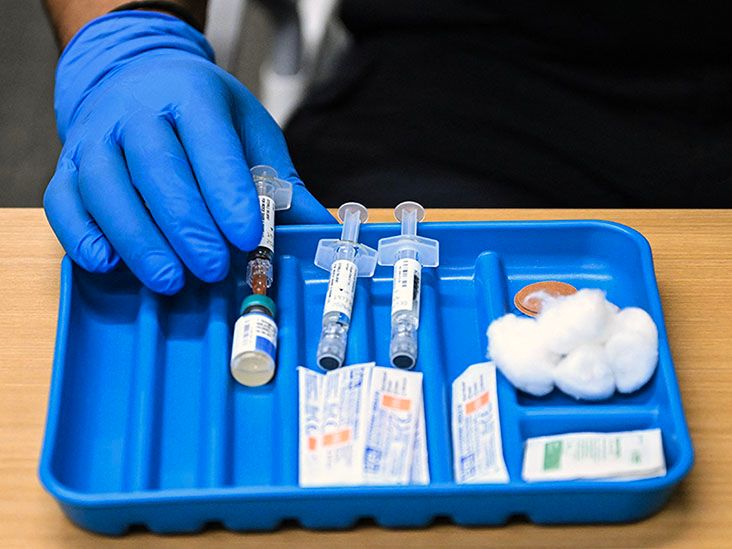Ibuprofen is a nonsteroidal anti-inflammatory drug (NSAID). It can reduce inflammation and ease several symptoms, including pain and fever. It is safe for people with COVID-19 to take — there is no evidence that ibuprofen increases the risk of harm from COVID-19 or the vaccines that protect against this disease.
COVID-19 can cause a wide range of symptoms, including fever, sore throat, and loss of taste or smell. Over-the-counter medications, such as ibuprofen, can help treat these symptoms.
There were initial concerns about the safety of people with COVID-19 taking ibuprofen, but these claims originated from anecdotal and low-quality evidence. Major public health bodies around the world do not advise against using ibuprofen to ease COVID-19 symptoms or the side effects of the vaccine.
Keep reading to learn more about the initial safety concerns about taking ibuprofen with COVID-19 and the evidence surrounding the use of the drug with this condition.
Coronavirus resources
For more advice on COVID-19 prevention and treatment, visit our coronavirus hub.

The
The
Despite the latest guidance, there were initial concerns over the safety of people with COVID-19 taking ibuprofen.
A
Ibuprofen is an NSAID, one of the
Taking ibuprofen can increase ACE2 levels in the body. This connection led to
Major public health bodies also
For example, the
A more recent
Coronavirus data
All data and statistics are based on publicly available data at the time of publication. Some information may be out of date. Visit our coronavirus hub for the most recent information on COVID-19.
There is
There were
Doctors may
Optum Perks is owned by RVO Health. By clicking on this link, we may receive a commission. Learn more.
The recommended treatments for COVID-19 depend on its severity and a person’s overall health.
Ibuprofen or acetaminophen
Some treatment approaches aim to reduce pain and discomfort. For example, doctors may
Remdesivir
Other treatment approaches aim to reduce pain by slowing the virus or disease progression.
The
Hospital treatment
Doctors may administer different treatments in patients in the hospital with COVID-19, such as blood thinners.
The
However, the agency advises against taking ibuprofen before getting the vaccine to avoid its side effects.
Side effects of the vaccine
The COVID-19 vaccines can cause side effects, as with any medication. However, these are typically mild and resolve
- pain, flushed skin, and swelling at the injection site
- tiredness
- head and muscle aches
- chills
- fever
- nausea
It is important to note that severe or long-lasting side effects from the COVID-19 vaccine
There is currently no evidence that taking ibuprofen can increase the risk of developing COVID-19 or worsening symptoms. There is also no research stating that ibuprofen increases the risk of death from COVID-19 or complications following the vaccine.
There were initial concerns over the safety of taking ibuprofen with COVID-19 due to its effect on ACE2 levels within the body. However, this theory still lacks evidence. NSAIDs help people manage some COVID-19 symptoms and vaccine side effects, such as fever.


